Interview: Paul Weller Discusses Danelectros, Rickenbackers and His New Album, 'Sonik Kicks'
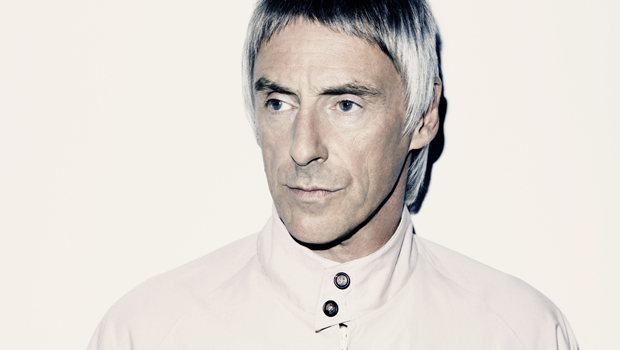
Like the narrator in "The Changingman," one of his best-known songs, Paul Weller's career is built on shifting sands.
He's been a punk and New Wave frontman at the vanguard of the late-'70s mod revival movement, a soul/R&B singer, a guitar deity and the "Mod Father," hero to the protagonists and antagonists of the drama-filled Britpop scene of the mid-'90s.
Weller, a product of Woking, a suburb about an hour's drive from London, hit the world stage in 1977 with The Jam, the legendary UK trio whose fiery, punk/new wave debut, In The City, had little in common with their swansong, 1982's soul- and funk-filled The Gift.
When Weller suddenly disbanded The Jam to form The Style Council with Mick Talbot in 1983, he used the opportunity to go even further afield, incorporating jazz, synthpop, house and R&B into his sound.
Despite initial commercial success, the public had lost interest by 1989, and Weller was left without a label -- and seemingly without prospects.
Enter solo Paul Weller, an artist whose sound has undergone vast twists and turns over the course of 10 critically acclaimed albums, including the modern classics Wild Wood and Stanley Road. Weller's knack for experimentation peaked with 2008's cinematic 22 Dreams and 2010's jagged Wake Up the Nation.
With his new album, Sonik Kicks, which will be released March 27 in the U.S. via Yep Roc Records, Weller continues on his courageous, exploratory course, serving up a disc full of electronic sonic excursions peppered with jazz-soul-reggae grooves, backwards guitars, swathes of whining synths and other effects.
Get The Pick Newsletter
All the latest guitar news, interviews, lessons, reviews, deals and more, direct to your inbox!
Weller is, again, pushing his personal envelope.
We caught up with Weller -- who has a new set of twins, a new line of high-end clothing and a new album, of course -- earlier this week.
GUITAR WORLD: First of all, congrats on the twins. Is life any different with those two newcomers in the picture?
Thanks, man. Well, I get a lot less sleep [laughs].
During your solo career -- in fact, during The Jam’s timeline as well -- there's been the theme of change from album to album, tied to the phases of your musical evolution. Sonik Kicks sounds more electronic than anything you've ever done; does it mark the start of a new phase for you?
I think that actually started with the 22 Dreams album from 2008, which is now two albums back. I think it’s wide open, you know. I don’t think about what I can’t do or what I shouldn’t be doing. I just think there are endless possibilities musically, really. And I’m very, very open to experimenting with different people and trying to find different methods of writing and making music. So it’s a very exciting time for me right now.
What was the inspiration for the album's electronic sound?
I’ve been listening to a lot of early electronic works, I guess it's loosely avant garde stuff, if you can call it that. Things even going back to the late 1930s and ‘40s. I was just interested in the textures some of that music made. I was trying to kind of incorporate some of that into pop music, really.
How were the rhythm tracks on the new album recorded?
They’re a mixture, really. There are some loops and samples, but generally speaking, it’s pretty much all live playing. In some cases, we recorded loops with drum machines, but we replaced them with real drums. So it’s a mix of technology and old-school playing, all done on Pro Tools. We tried as much as we could to keep the sound warm and not too digitized, trying to keep that depth and warmth.
I know Steve White -- your longtime drummer, starting with your Style Council days -- isn't around anymore, but Ocean Colour Scene guitarist Steve Cradock is still in your band and is featured heavily on Sonik Kicks. How do you and Cradock divide guitar duties in the studio?
Well, Steve White’s still around [laughs]. But yeah, he hasn’t played with me for about five years. Steve Cradock plays a lot of stuff on the album. He even plays drums on a few tracks. We kind of discuss -- not in too much detail, maybe -- what kind of style each song should be. But we’ve been working together for 20 years or something like that, and I think there’s a certain amount of mental telepathy involved. We just play off each other. And Steve is very good at listening; he listens out for what I’m doing and plays off that. I think we just instinctively know what to do, really. It comes from playing together for all that time.
What guitars and amps did you stick to when recording Sonik Kicks?
As far as amps, I used my little Marshall combo a lot. Guitar-wise, I used a Danelectro on a lot of tracks on the album. It’s got a nice sort of crunchy, earthy, dirty sort of sound to it. I used that and an old Telecaster.
Do you happen to know the exact model of the Danelectro?
Um, it is … no, I don’t [laughs]. But it looks like a 1950s spaceship.
When I think of the quintessential Paul Weller guitar, I can't help but picture your sunburst Epiphone Casino with the trapeze tailpiece.
Yeah, I tend to use that more live. In the studio, it’s been the Danelectro lately.
If you had to choose only one guitar to use forever -- or, to quote the BBC radio show, to take with you on your "desert island" -- what would it be?
It would have to be my Cherry Red 1968 Gibson SG, which is just a really, really beautiful guitar, man. It’s got so many different tones within it. The neck is really thin, and it’s just a joy to play. It’s a very versatile guitar with a warm crunch to it. It’s also got a very silky, gentle sound as well.
Let's talk about Rickenbacker guitars, which you used with The Jam. I read that when you got your first advance from the band's label in the late '70s, you bought as many Rickenbackers as you could afford. What are your updated thoughts on Rickenbacker guitars?
They’re great guitars, man, but they’re also sort of one-dimensional. They’re great for certain things, but they’ve really only got one sound to them. Yes, it’s a great sound, but probably the reason I stopped using them is because I wanted something with extra tones and dimensions to it. But I originally got into Rickenbackers for the same reason as a lot of people -- all my heroes used them. From Pete Townshend to The Beatles. And they look amazing, don’t they?
Yes, especially the 330 and 360. Speaking of which, I remember you were selling or auctioning off one of your Ricks -- a 330, I think -- about three or four years ago. What's the status of your Rick collection today? Do you still have most of the batch you bought in the ‘70s?
No, I haven’t, actually. I think I have only one or two of those left. Some I gave away, some got smashed, maybe some got stolen somewhere along the line. But I’ve kept a couple. I kept the first Rickenbacker I ever got, a little short-scale John Lennon-type model. And I’ve got a couple of 12-string models, which are really nice, and I’ve got a Pete Townshend model, which Pete gave me a few years ago. But that’s about it.
This year marks the 35th anniversary of The Jam’s first album, In The City. It’s a reminder that you came out of a scene in which passion and intensity -- and politically charged lyrics, to some degree -- were valued above musicianship and musical ability. Yet now you’re considered a guitar hero to a lot of people. What do you think about that contrast?
I’m happy about it, to be honest. I’m fine with being thought of as a guitar player, and if I can get any recognition or respect for doing that, that’s a pretty good thing for me. When I listen to a record, or when I’m making a record, I listen to everything. I listen to the drums, the bass, the voice, the arrangement. I listen to the whole piece as an ensemble. I don’t only listen to the guitar player. So it’s a little bit different for me because it’s good to be the guitarist, but I’m also the songwriter and the singer, so I kind of listen to all those things at the same time. I guess all that stuff informs my playing.
What are you listening to these days? What inspires you?
I've been listening to a great record by Baxter Jury called Happy Soup, which came out last year. And there’s a great record by Tim Burgess of The Charlatans, who made a solo album in Nashville. There are some things coming out later on this year, some really special records. And I really like Noel Gallagher’s solo record from last year, High Flying Birds. I thought that was great.
Yes, I was going to ask you about Noel -- and about Liam Gallagher’s new band, Beady Eye. What do you think of their debut album from last year, Different Gear, Still Speeding?
I loved the record, and I’m really looking forward to their next one. I think it’s hard for Liam to follow Oasis, but I think he’s got it in him to be a really great songwriter, personally. I think he just needs a bit more confidence. His ideas, his abstract ideas, are great.
Do ever picture yourself branching out into other genres of music -- standards or classical, perhaps -- as some of your elder rock influences have done in recent years?
I wouldn’t dare do it, mate. I wouldn’t have the talent to do that sort of thing, which is fine with me. I just wouldn’t have the musical knowledge to do anything as adventurous as that.
Paul Weller's new album, Sonik Kicks, will be released March 27 in the U.S. on Yep Roc Records. For more info, check out Paul Weller's Facebook page and official website.
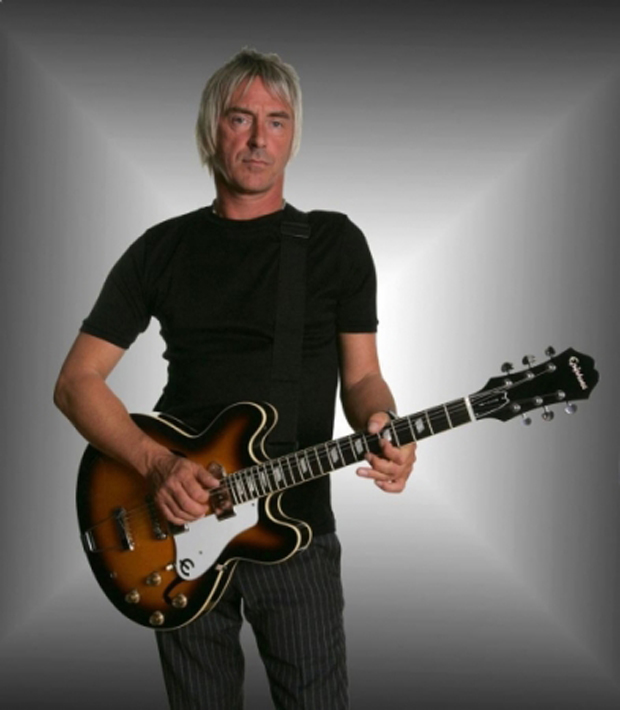

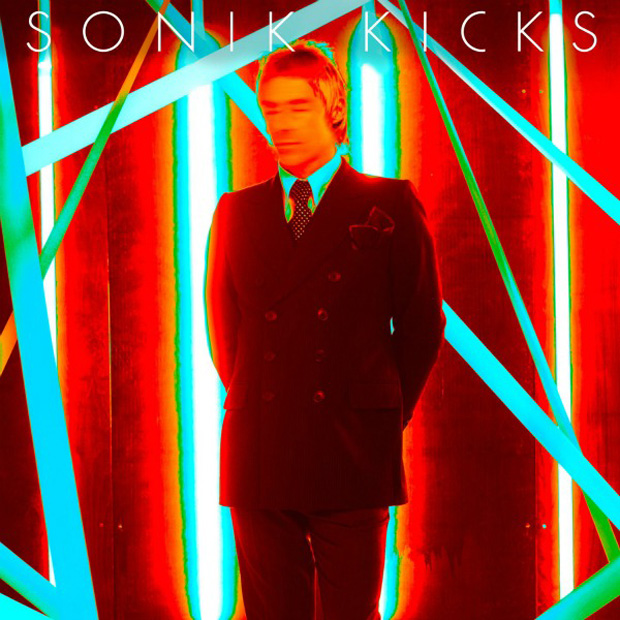
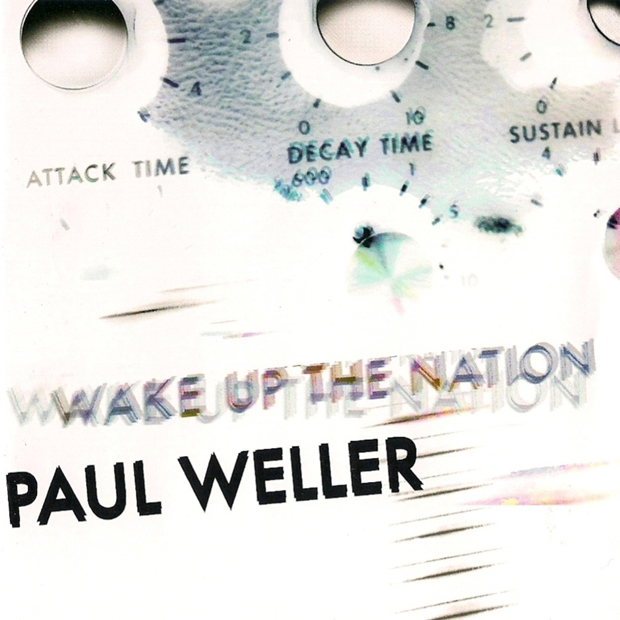
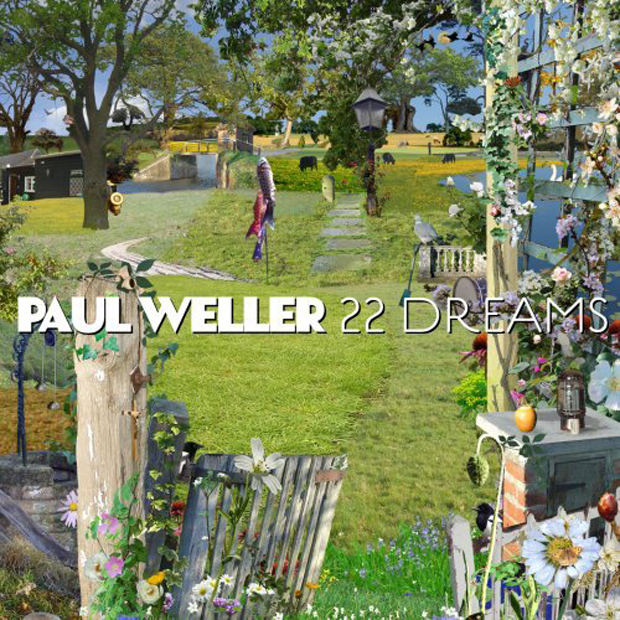
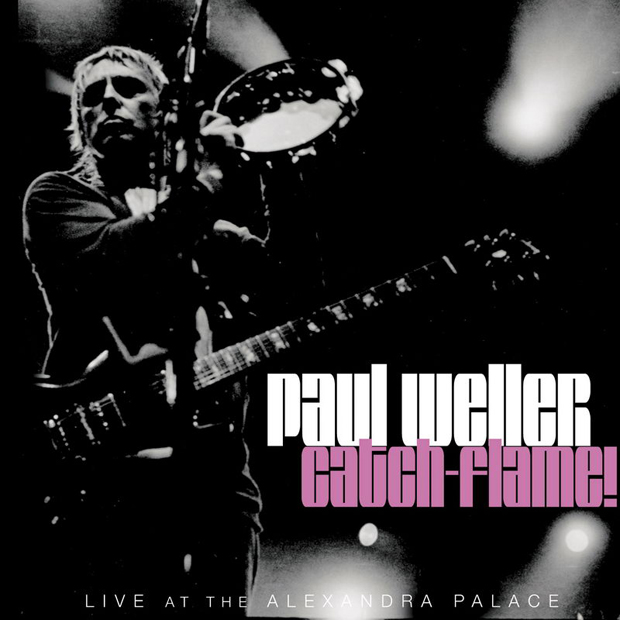
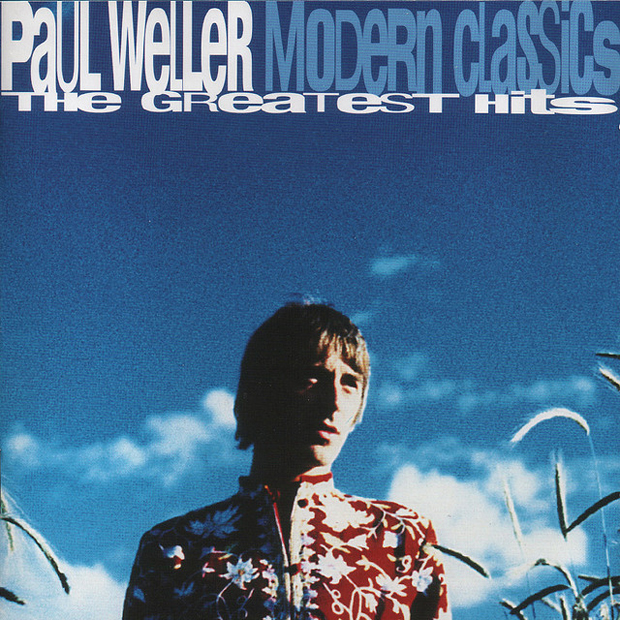
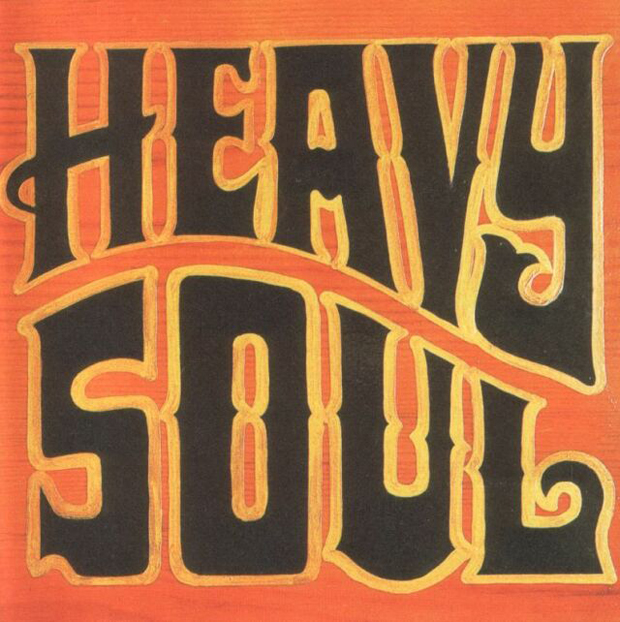
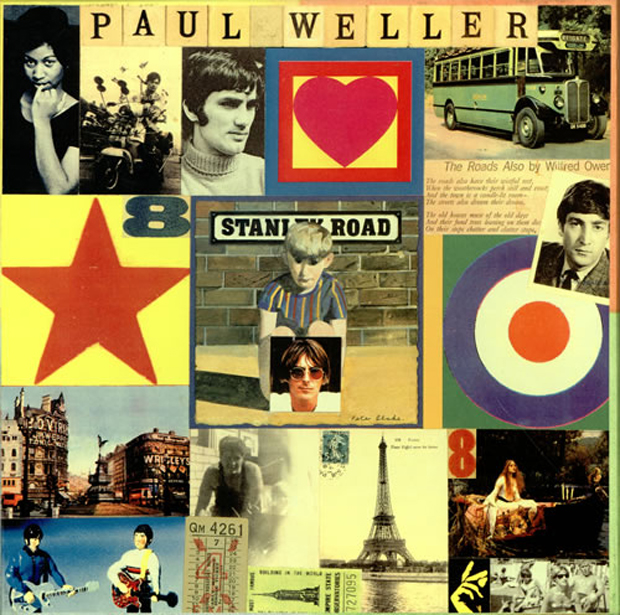
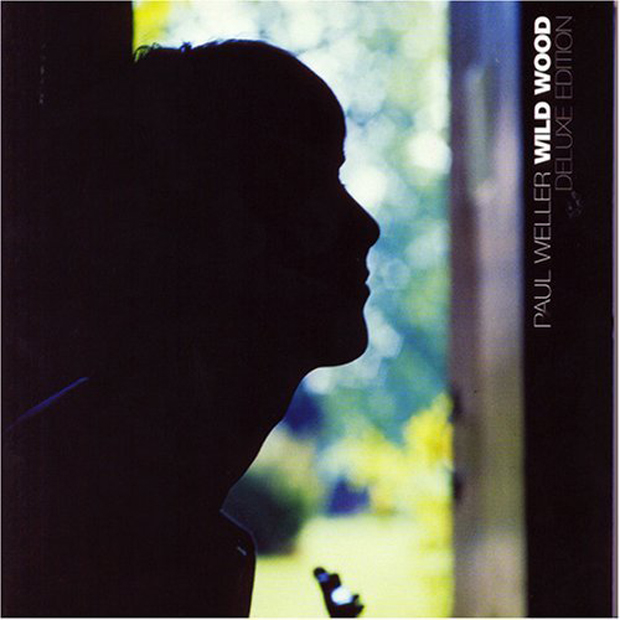
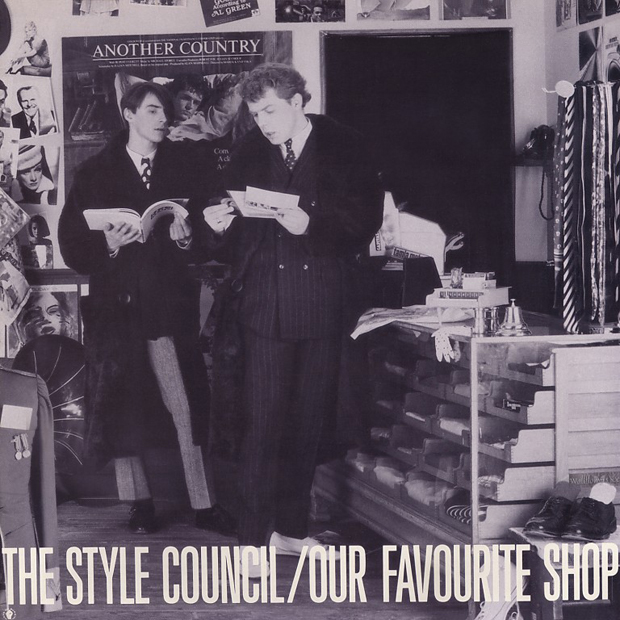
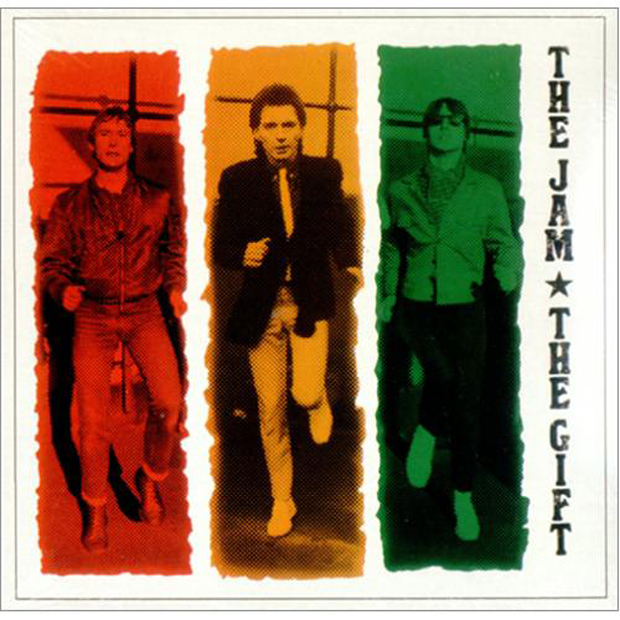
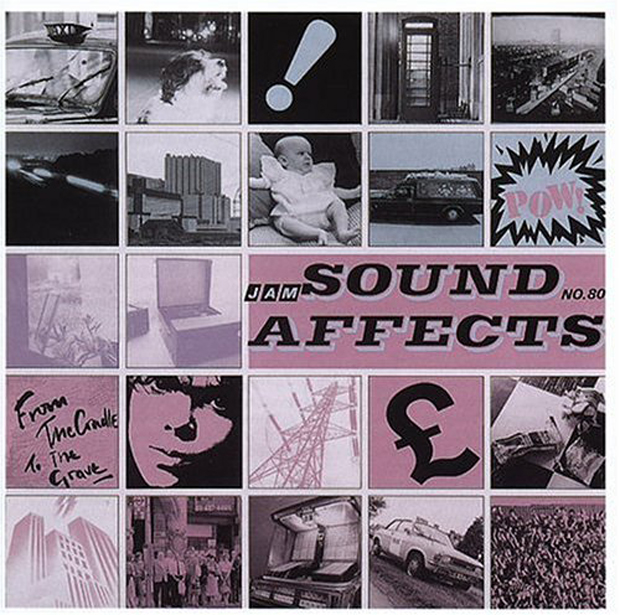
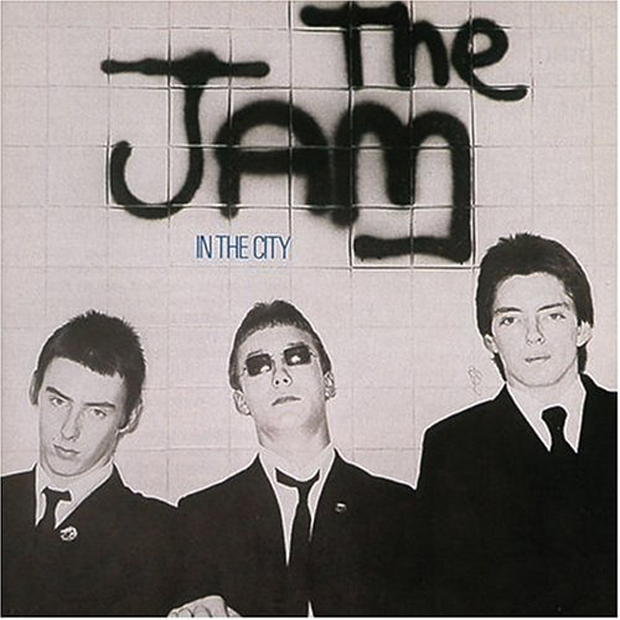
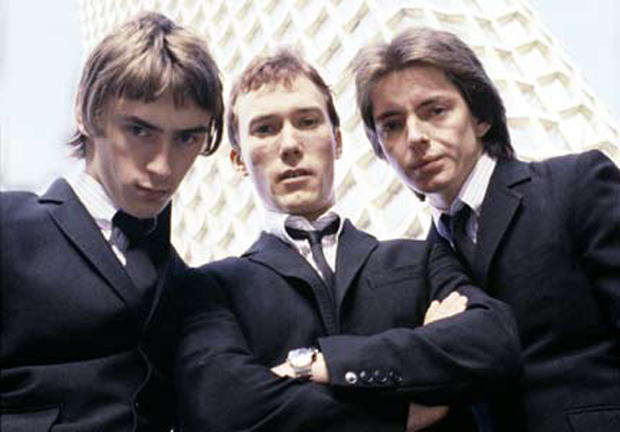
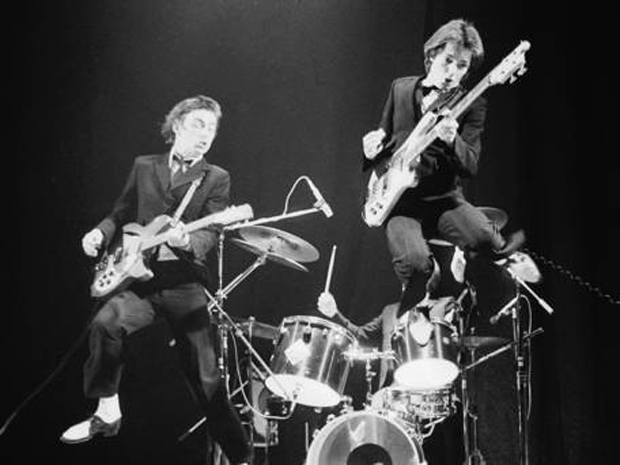

Damian is Editor-in-Chief of Guitar World magazine. In past lives, he was GW’s managing editor and online managing editor. He's written liner notes for major-label releases, including Stevie Ray Vaughan's 'The Complete Epic Recordings Collection' (Sony Legacy) and has interviewed everyone from Yngwie Malmsteen to Kevin Bacon (with a few memorable Eric Clapton chats thrown into the mix). Damian, a former member of Brooklyn's The Gas House Gorillas, was the sole guitarist in Mister Neutron, a trio that toured the U.S. and released three albums. He now plays in two NYC-area bands.
“There’d been three-minute solos, which were just ridiculous – and knackering to play live!” Stoner-doom merchants Sergeant Thunderhoof may have toned down the self-indulgence, but their 10-minute epics still get medieval on your eardrums
“There’s a slight latency in there. You can’t be super-accurate”: Yngwie Malmsteen names the guitar picks that don’t work for shred
![A black-and-white action shot of Sergeant Thunderhoof perform live: [from left] Mark Sayer, Dan Flitcroft, Jim Camp and Josh Gallop](https://cdn.mos.cms.futurecdn.net/am3UhJbsxAE239XRRZ8zC8.jpg)








